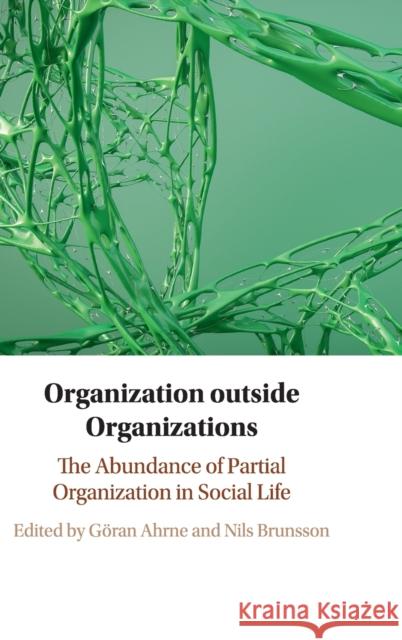Organization Outside Organizations: The Abundance of Partial Organization in Social Life » książka
topmenu
Organization Outside Organizations: The Abundance of Partial Organization in Social Life
ISBN-13: 9781108474986 / Angielski / Twarda / 2019 / 454 str.
Organization Outside Organizations: The Abundance of Partial Organization in Social Life
ISBN-13: 9781108474986 / Angielski / Twarda / 2019 / 454 str.
cena 458,24
(netto: 436,42 VAT: 5%)
Najniższa cena z 30 dni: 454,53
(netto: 436,42 VAT: 5%)
Najniższa cena z 30 dni: 454,53
Termin realizacji zamówienia:
ok. 22 dni roboczych
Bez gwarancji dostawy przed świętami
ok. 22 dni roboczych
Bez gwarancji dostawy przed świętami
Darmowa dostawa!
Describes the organizational aspects of contemporary society, explaining how organization occurs not only inside formal organizations, but also outside and among them.











